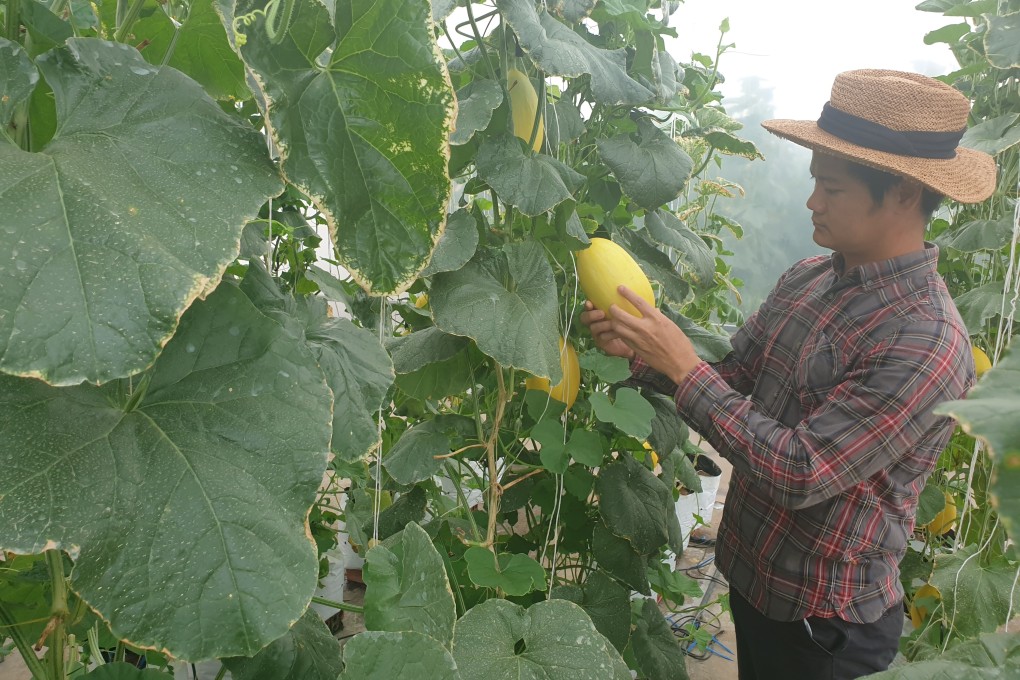In export-dependent Vietnam, Covid-19 is eating into the food and agriculture sector
- Logistical difficulties amid extended lockdowns mean second-half shipments in the sector are predicted to fall 30 per cent year on year
- The agriculture ministry is looking to prioritise the inoculation of all workers in the sector to ensure domestic food security and help ramp up some exports

But a lockdown since early June to stem surging Covid-19 cases has seen transport costs almost triple for each box of vegetables, along with an increase in administrative requirements, such as the government regulation that he and the truck driver each need to test negative before the journey.
The 40-year-old owner of HT Hitech Farm has resorted to selling produce to residents in his commune of some 143,000 people to get by, offering a 25 per cent discount to attract customers.
“At the moment I can sell around 10-20kg a day,’’ said Tuyen, estimating that the amount could increase fivefold if he could expand sales to the wider district.
“But if I can go to the city, sales would be 10 times what I’m selling now,” he added. The farmer, who estimated that his earnings were previously around US$2,060 a week after deducting costs, has also had to set aside plans to diversify into cucumbers and cherry tomatoes, as well as potential exports to China, Russia and India.